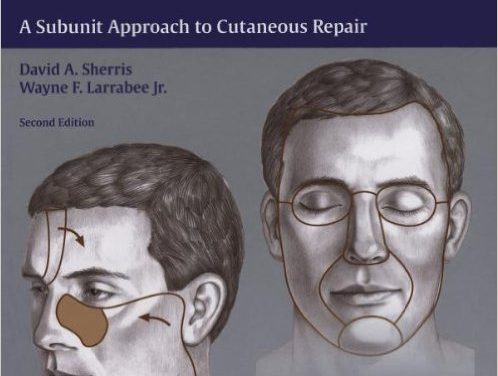Book Review: Principles of Facial Reconstruction – A Subunit Approach to Cutaneous Repair, 2nd edition
Editors: David A. Sherris, MD; and Wayne F. Larrabee, Jr., MD Publisher: Thieme – 311 pages Book Review by: Nano Khilnani The goal of the editors of this book is to provide effective techniques of facial reconstruction by presenting key principles in a clear, graphically consistent manner. Only one or two techniques are shown for each problem, instead of many possible techniques. The defect sizes for each flap are meant only as guidelines for surgeons who are less experienced, the editors – Drs. David Sherris and Wayne Larrabee – point out. A total of six physicians including the two...
Read More





